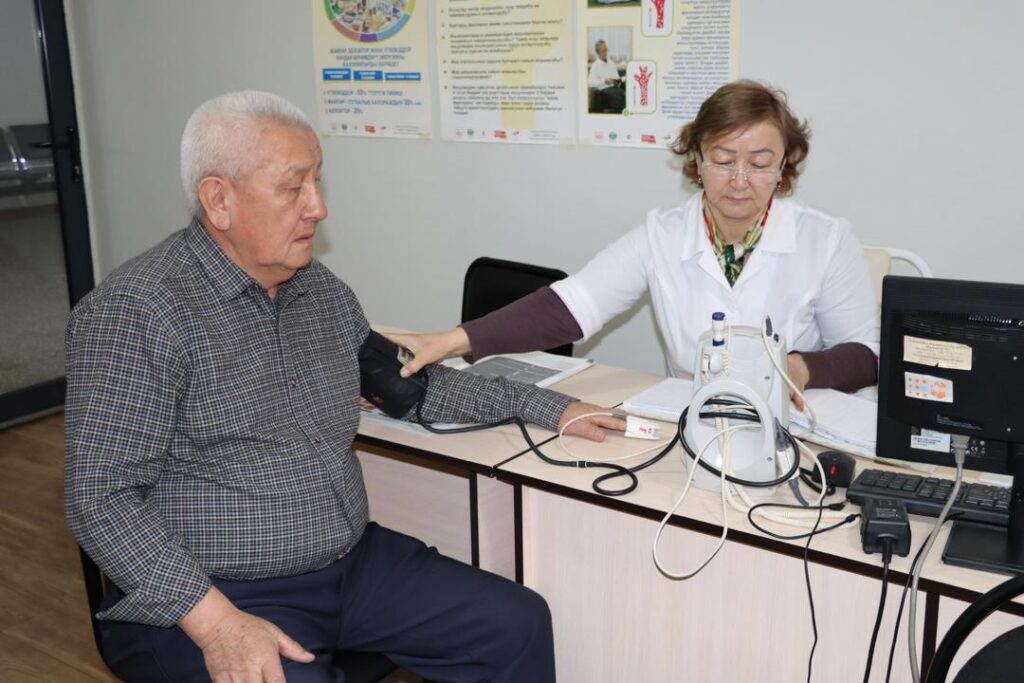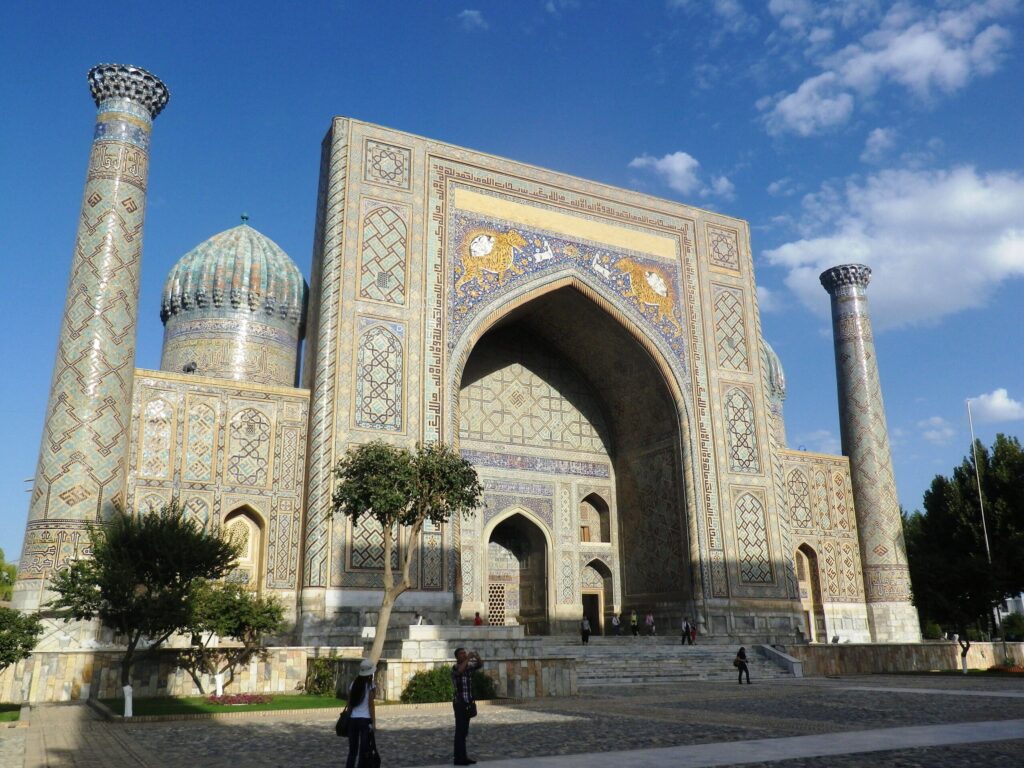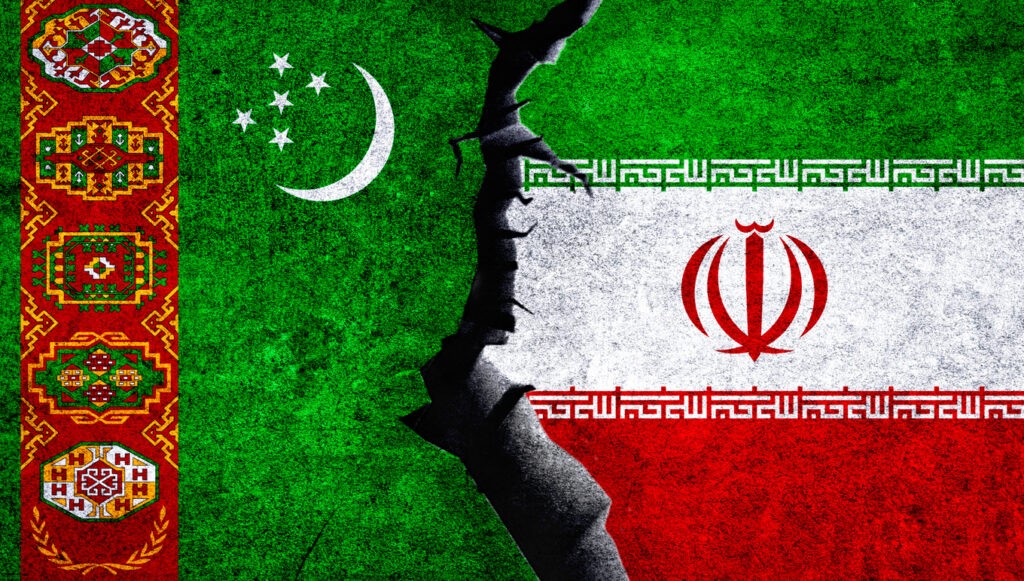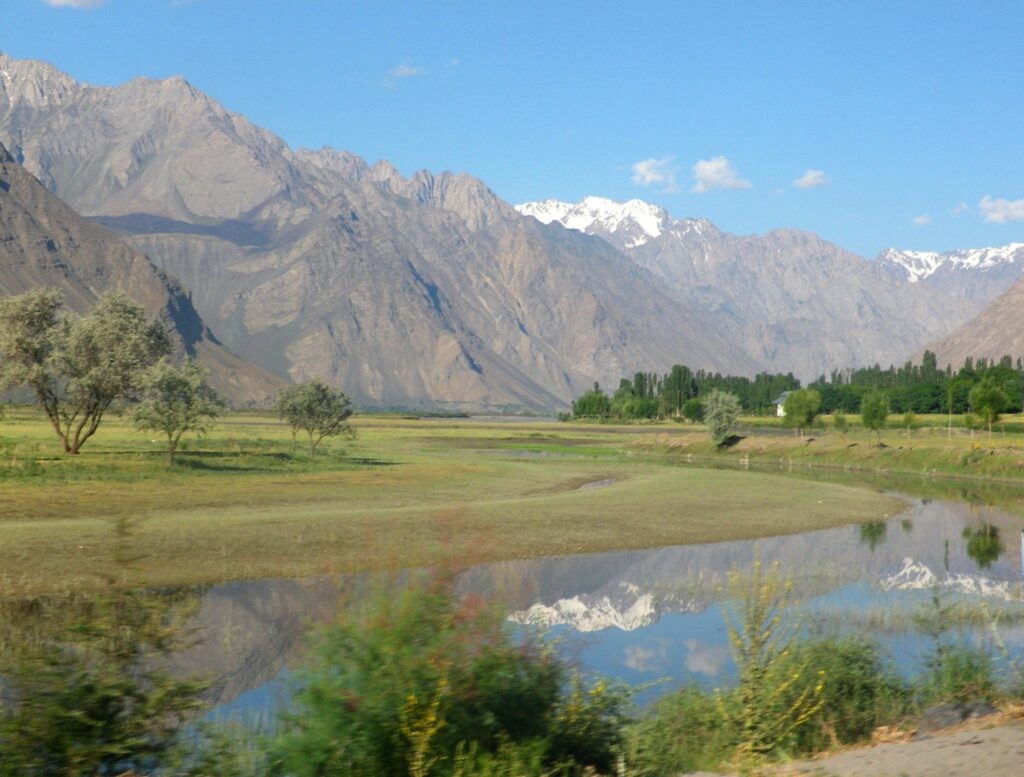Kyrgyzstan’s ‘Be Responsible!’ Health Program Screens 680,000 Men
The key aim of Kyrgyzstan's 'Be Responsible!' program is to encourage men to attend primary health care institutions for check-ups and specifically, the early detection of non-communicable and chronic diseases. According to a new report by the country's Ministry of Health, in just under a month, more than 680,000 men visited family doctors. For 149,000, it was either their first ever visit or the first in two years. The Ministry of Health's press centre hailed the success of the widespread campaign to attract attendances saying, "More than 44,000 men were categorized as having a high risk of cardiovascular diseases, and almost 33,000, a high risk of diabetes. The total number of men who visited medical institutions amounted to 47 percent of those over 18 years of age living in the country." Cardiovascular disease, cancer, lung disease and diabetes are categorized as chronic diseases. Data collected by the ministry indicates that in 2022, 52.1% of the mortality rate in men was caused by cardiovascular disease; 12.2% by cancer, and 5.5% by respiratory diseases. Doctors also drew attention to poor nutrition including a high salt intake and insufficient consumption of fruits and vegetables; the use of tobacco, alcohol abuse, and low levels of physical activity as contributing factors to poor health. With financial support from the Swiss government, the first screening campaign for Kyrgyz men was conducted in 2019. In response to doctors' reports of the rising number of men taking better care of their health, the Ministry of Health issued an order for the program to be conducted nationwide, on an annual basis, from 2023 onwards.






